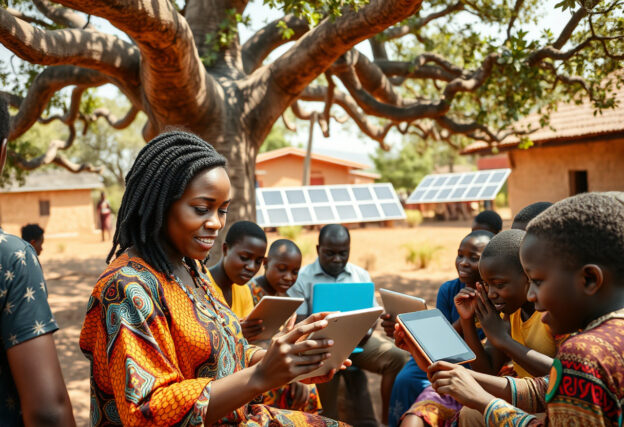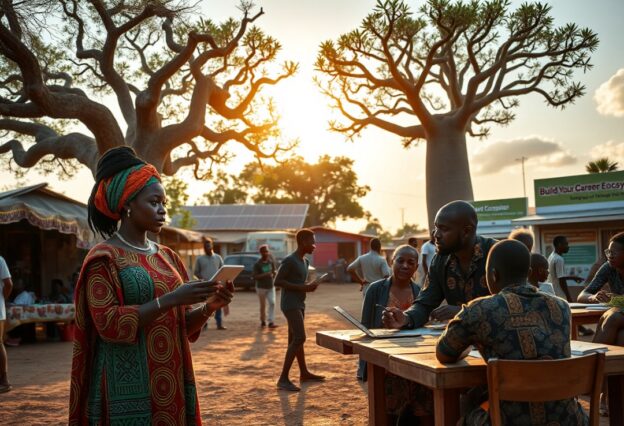Food and Agricultural Value Chain Magazine
MAGAZINE PREVIEW; PLEASE CLICK ON THE TO FLIP BETWEEN PAGES AND SELECT YOUR OWN PAGE
[dflip id="2869" ][/dflip]
[dflip id="2869" ][/dflip]
The 5-year long Socio-Political (Anglophone) Crisis in the North West Regions of Cameroon, alongside the COVID 19 Pandemic in general has completely shut down all…
The ROUND TABLE CONFERENCE ON FOOD AND AGRICULTURAL VALUE CHAIN is the first milestone that begins with establishing a consortium of stakeholders in the Agricultural…
[embeddoc url=”https://iiglobe.com/wp-content/uploads/2021/11/ROUNDTABLE-CONFERENCE-ON-FOOD-AND-AGRICULTURAL-VALUE-CHAIN.pdf” height=”1200px” download=”all” text=”DOWNLOAD”] [contact-form-7 id=”2612″ title=”Conference Attendance Form”] [contact-form-7 id=”2615″ title=”Sponsorship”]
Why support the FOOD AND AGRICULTURAL AFTER HARVEST AND VALUE CHAIN SUMMIT 2022? Supporting the FOOD AND AGRICULTURAL VALUE CHAIN SUMMIT allows you to connect…
Advancement in Information and Communication Technology have gradually transformed administrative and management procedures in most industries to be automotive, and the education sector has not…
[dflip id=”2625″][/dflip] The Stakeholders Conference and Consultative meeting is an initiative Organized by I-GLOBE in Partnership with the Embassy of the United States of America…
Introduction The conference will focus on the roadmap, to be implemented to achieve the digital goals, with special attention on aspects of cooperation in the…
Population growth and recent demographic changes draw sharp development focus on critical issues relating to youth employment and job creation for youth. Africa has the…
The Go Digital Cameroon is a campaign to promote the online Business, with Reference to: E-Commerce, E-Governance, Digital Education, and, E-Medical. Which are Pillars of…














© I-GLIBE 2025 © All Rights Reserved
There was a problem reporting this post.
Please confirm you want to block this member.
You will no longer be able to:
Please note: This action will also remove this member from your connections and send a report to the site admin. Please allow a few minutes for this process to complete.
Responses